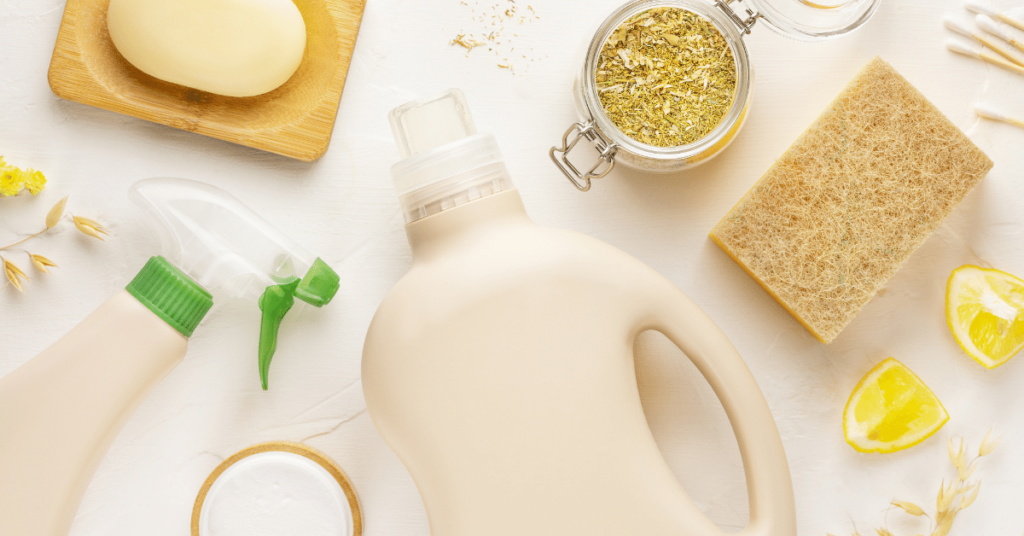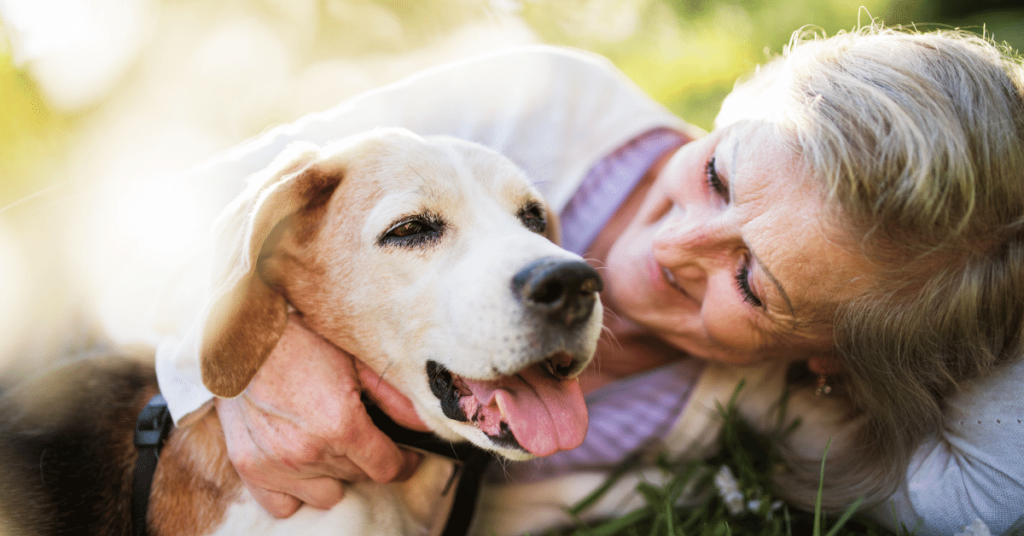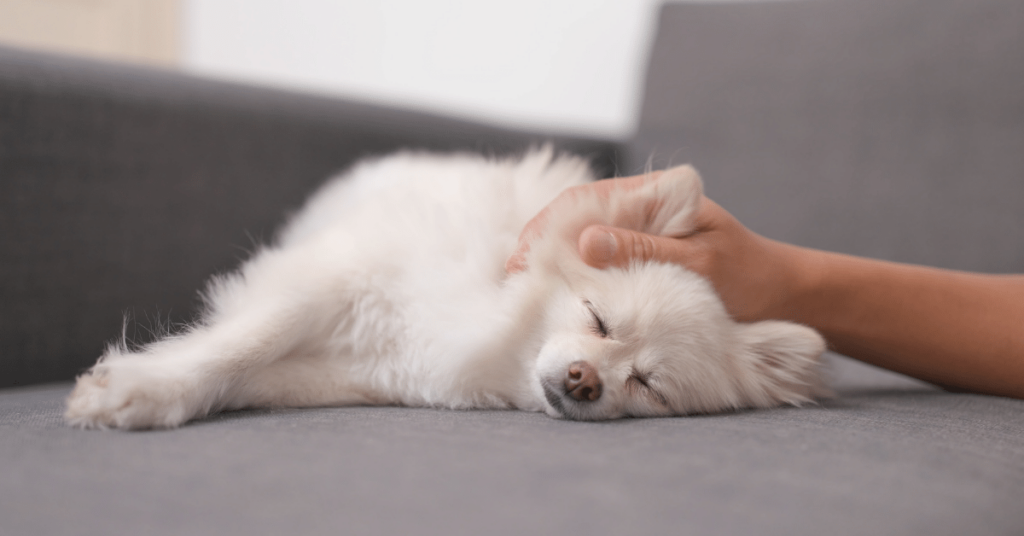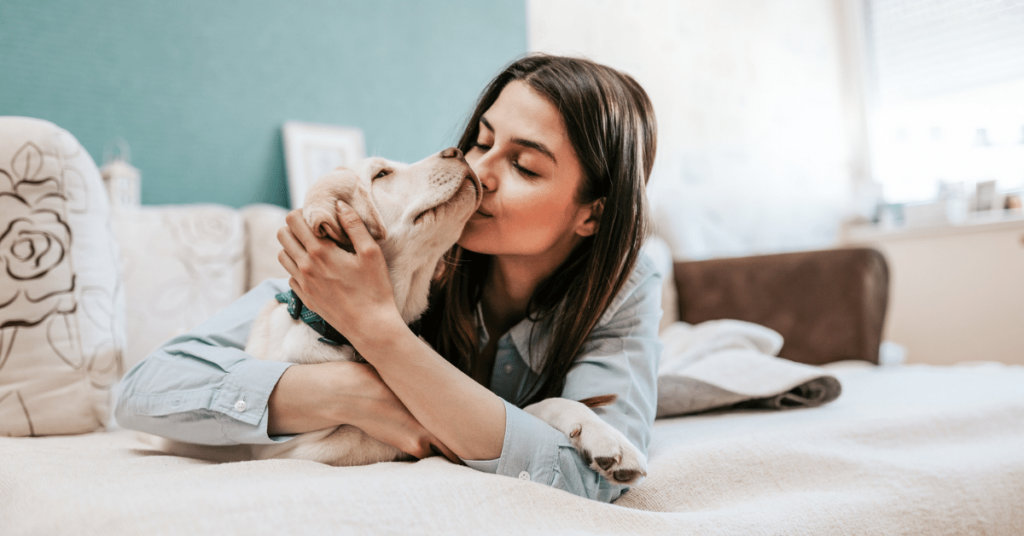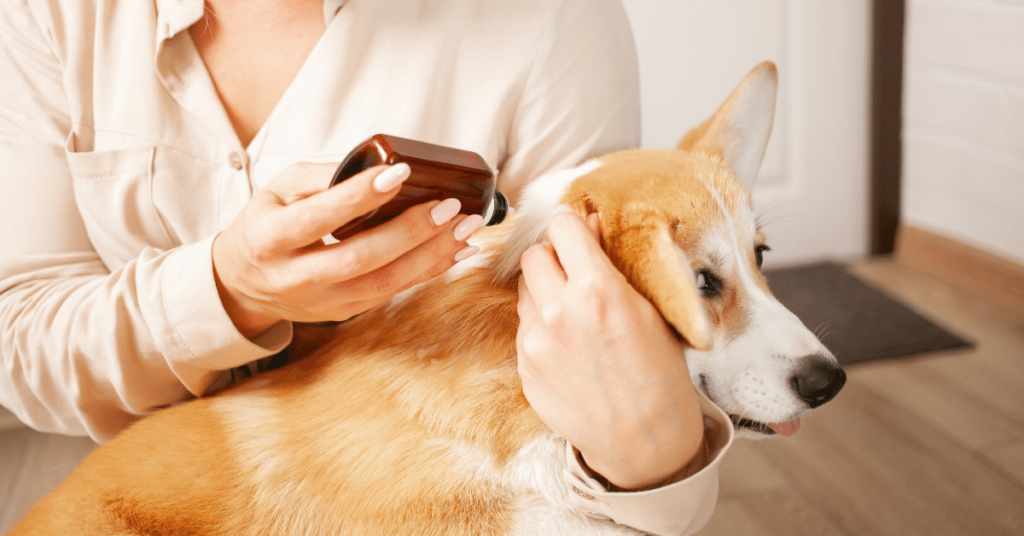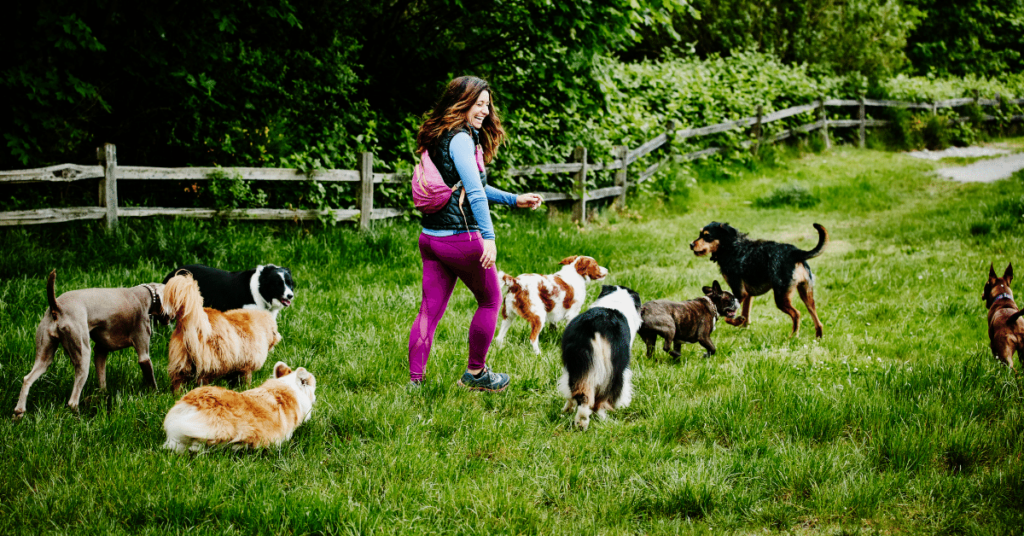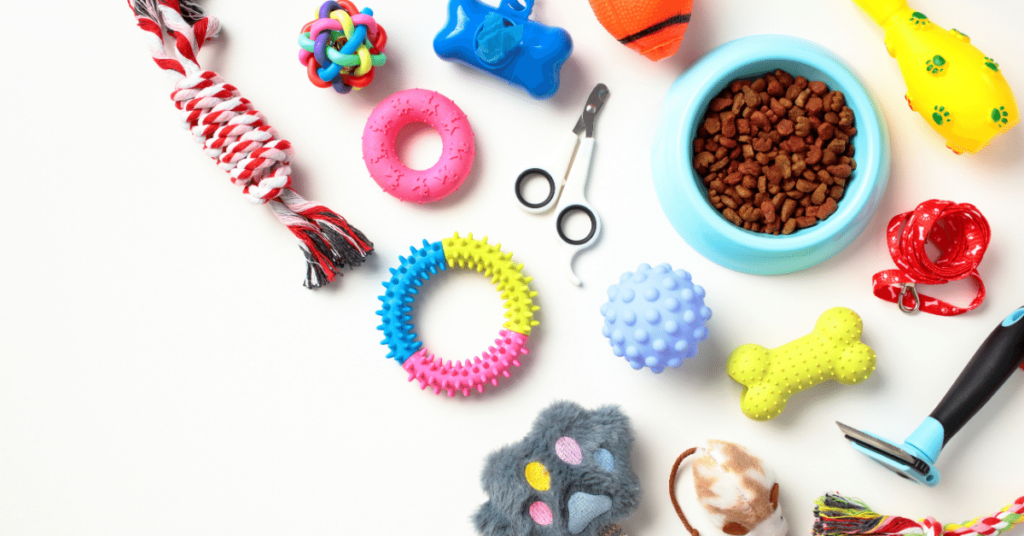Why Pet-Safe Household Products Matter
The Well-Being of Your Furry Friend
As a responsible pet owner, it is essential to prioritize the safety and well-being of your furry friend. When it comes to creating a safe environment for your pet, one factor that often gets overlooked is the use of pet-safe household products. Many common household items can pose a significant risk to the health and safety of our beloved animals. In this article, we will delve into the importance of using pet-safe products and guide you on how to ensure a safe and secure environment for your four-legged companion.
Hidden Dangers in Your Home
Our homes are filled with various products that can be harmful to our pets. From cleaning supplies and pesticides to certain plants and medications, these common items can be toxic if ingested or even come into contact with your pet’s skin. It is crucial to be aware of the potential dangers lurking in your home to prevent accidents and keep your furry friend safe.
Pet-Safe Alternatives for a Safer Home
Cleaning Products
Traditional cleaning products often contain harmful chemicals such as ammonia, chlorine, and phenols, which can be toxic to pets. When cleaning your home, opt for pet-safe cleaning products that are free from harsh chemicals. Look for products that are specifically labeled as pet-friendly, eco-friendly, or non-toxic. There are many natural and pet-safe alternatives available on the market that are equally effective in maintaining a clean and fresh home.
Pest Control
When it comes to keeping your home pest-free, it is crucial to choose pet-safe pest control methods. Traditional pesticides and insecticides can be highly toxic to animals. Instead, consider using pet-friendly pest control alternatives that are free from harmful chemicals. Look for natural solutions or consult with a professional exterminator who specializes in pet-safe pest control methods.
Plants
While plants can add beauty and freshness to your home, certain varieties can be toxic to pets if ingested. Before bringing any new plant into your home, research its toxicity level to ensure it is safe for your furry friend. Opt for pet-friendly plants such as spider plants, Boston ferns, and African violets, which are non-toxic and pose minimal risks to your pets.
Medications
Medications, both prescription and over-the-counter, can be dangerous if ingested by pets. Always store medications in secure cabinets or drawers, out of your pet’s reach. Dispose of any expired or unused medications properly. If your pet requires medication, consult with your veterinarian to ensure the prescribed medication is safe for your pet and follow the recommended dosage guidelines.
Household Chemicals
In addition to cleaning products, many common household chemicals can be harmful to pets. This includes chemicals found in paints, solvents, automotive products, and even some household appliances. Always store these items securely, preferably in locked cabinets or off-limits areas that are inaccessible to your pets.
Pet-Safe Tips for a Healthy Home
Pet-Proofing Your Home
Pet-proofing your home is an essential step towards creating a safe environment for your furry friend. Start by removing any hazardous items or substances from your pet’s reach. Be mindful of small objects that can easily be swallowed, electrical cords that can be chewed, and any sharp or fragile items that can cause injuries. Ensure that all electrical outlets are covered and secure loose wires and cables.
Providing Safe and Comfortable Spaces
Creating safe and comfortable spaces for your pet is vital for their overall well-being. Designate a specific area in your home where your pet can rest and relax. Make sure this area is free from potential dangers such as toxic plants, cleaning supplies, or any small objects that can be ingested. Provide your pet with a cozy bed or blanket, toys for stimulation, and access to fresh water and food.
Regular Veterinary Check-Ups
Regular veterinary check-ups are crucial for monitoring your pet’s health and detecting any potential issues early on. During these check-ups, discuss any concerns you may have about household products and their impact on your pet’s well-being. Your veterinarian can provide valuable advice and recommend pet-safe alternatives for various products you may be using at home.
Summary
Creating a safe environment for your furry friend involves more than just love and attention. Using pet-safe household products is a crucial step towards ensuring their well-being and preventing accidents at home. By opting for pet-friendly alternatives and implementing pet-safe practices, you can provide your four-legged companion with a secure and healthy living environment. Remember to pet-proof your home, dispose of hazardous materials properly, and consult with your veterinarian for expert advice on safe household products. Your pet’s safety and happiness are in your hands.

